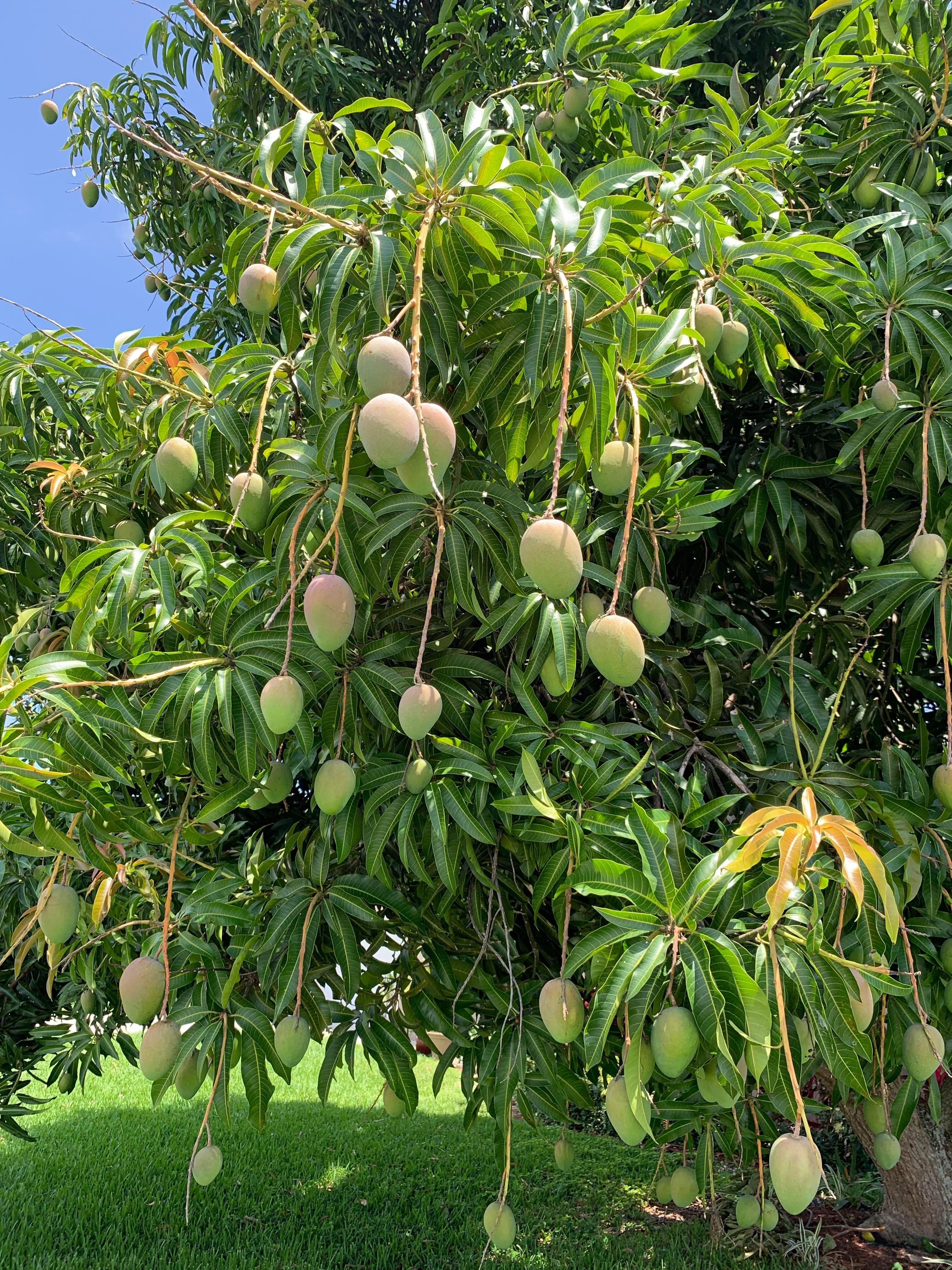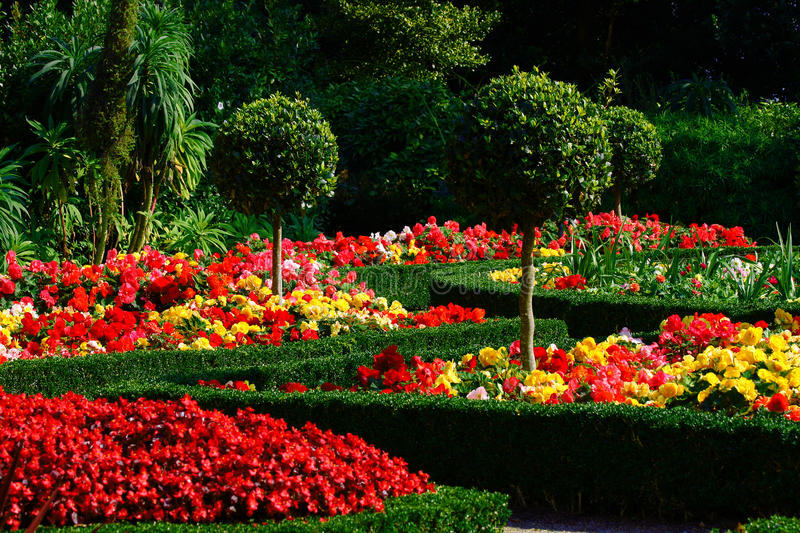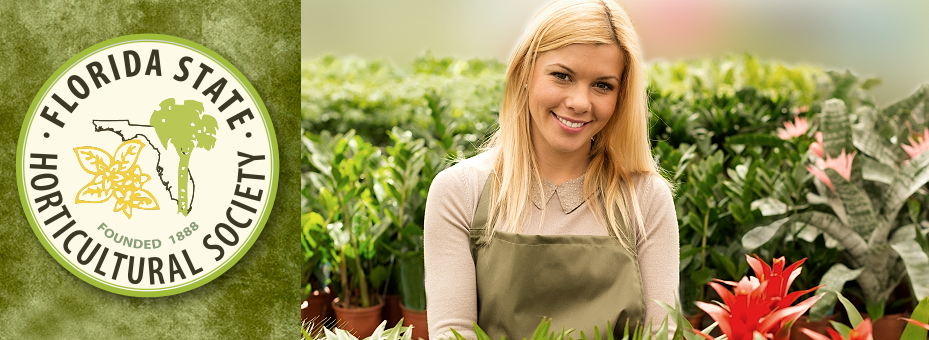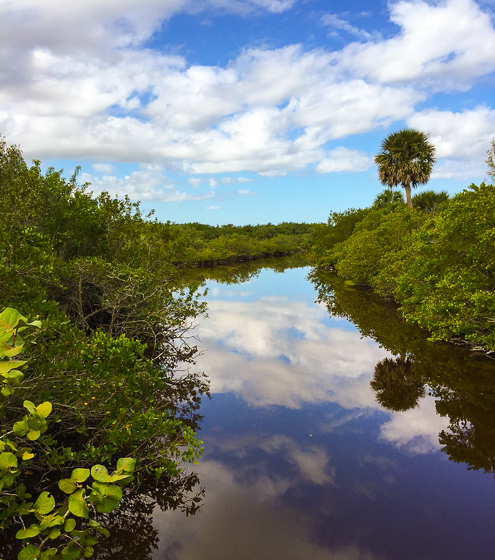Welcome to the FSHS!
Since 1888, the Florida State Horticultural Society is one of the oldest horticultural societies in the United States. Discover new business, science and networking opportunities in Florida horticulture with over 100 years and 100 published issues of scientific and industry Proceedings, quarterly newsletters, annual conferences, job postings, and more! Publications and Newsletters Our FSHS Newsletter contains articles, botanical articles, upcoming events, personal profiles and important member updates. You’ll find something of interest here if you want to stay up to date on who’s who and what’s what in the FSHS and Florida horticulture. Topics discussed in the Citrus section include development and characterization of scions and rootstocks, cultivar improvement, molecular biology, insect, disease and weed control, postharvest and stress physiology, fertilization, irrigation, cultural practices and cold protection. Information provided in the Vegetable section includes cultivar characteristics, cultivar selection, cultivar improvement, cultural practices and harvesting methods, and insect, disease and weed control.  The Krome section provides information on requirements of temperate, tropical, and subtropical crops in Florida. Topics discussed include but are not limited to cultural practices, harvesting and management of these unique crops.
Agritourism combines Florida’s two largest industries – tourism and agriculture – and allows farmers to create opportunities for additional income by opening their farms and agricultural operations to the general public, who are more interested than ever in learning where their food comes from, and the technological advancements behind producing that food. Additional revenue generated by agritourism can allow a farm to increase its economic viability and stay in business.  Ornamental | Garden | Landscaping The Landscape and Garden section provides information on new plants, cultivars and cultivar selection, landscape design and management. Cultural practices, pest control and conditions for optimal production are discussed. Topics discussed in the Handling and Processing section include technologies and practices that affect the quality and safety of fresh, fresh-cut, and processed horticultural products, as well as development of new products and technologies, and the utilization of the products, by-products, and waste.
The Agroecology and Natural Resources section provides information on managing Florida's natural resources in natural agricultural areas. Topics include observing, selecting, and managing soils, water, plants, and animals, extending to biological systems, food systems, and communities. |







